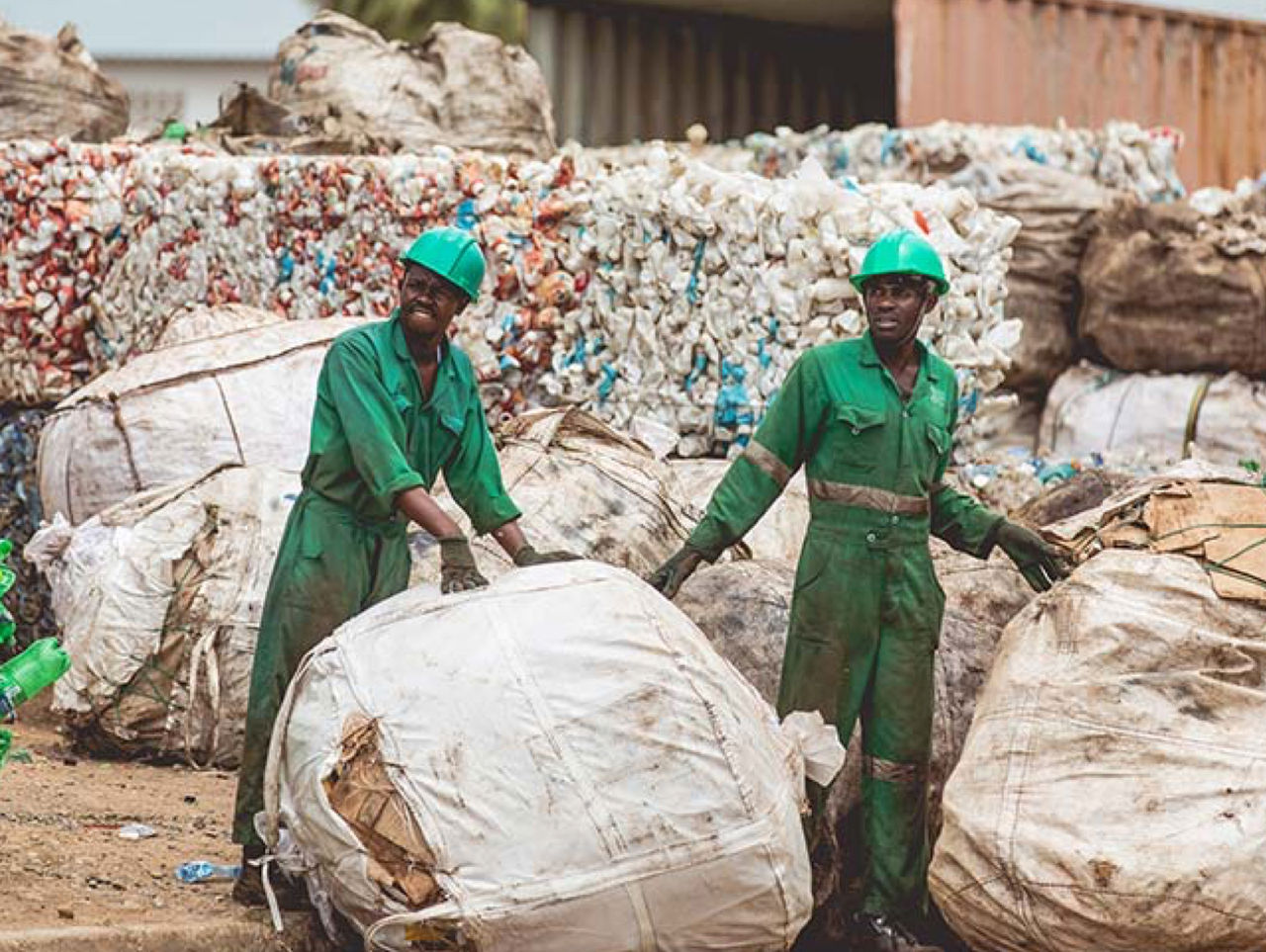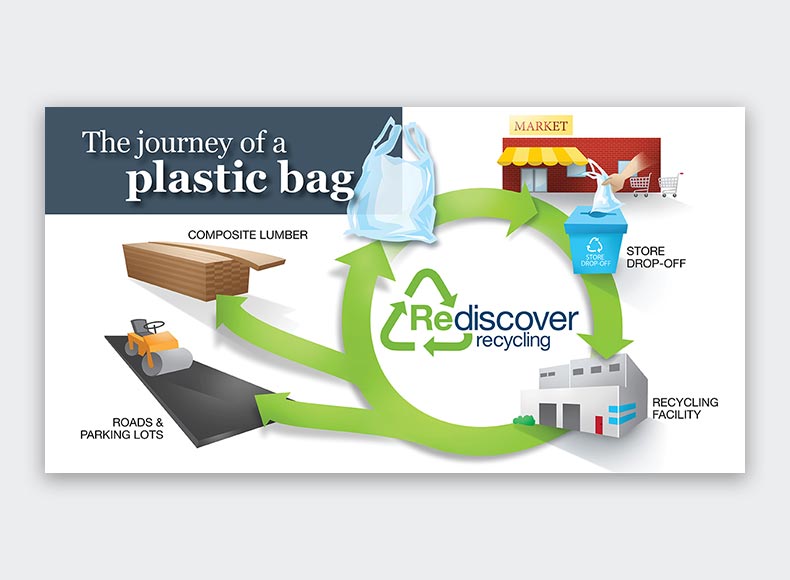Families, communities, and companies come together to explore using recycled materials for infrastructure.
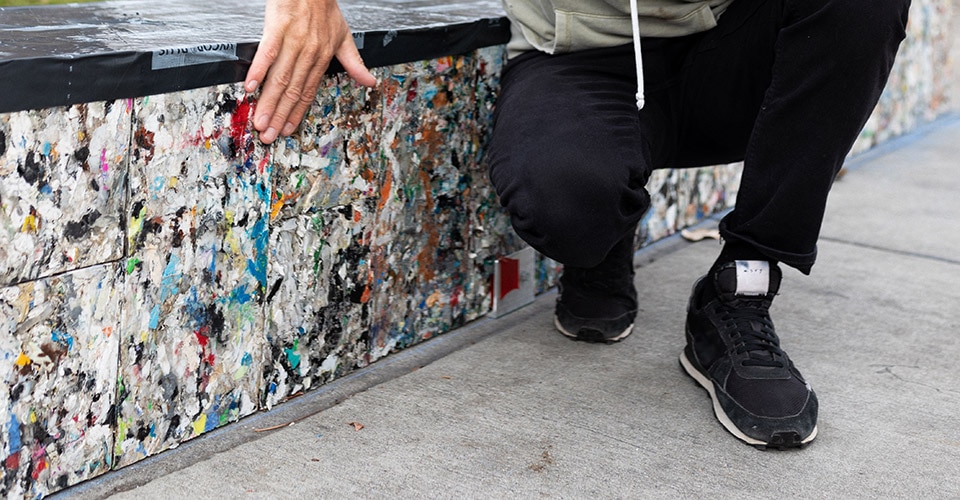

We need to do better for our communities, and we can make a huge difference if we work together.
One particular thing that I value about team Dow is that we understand it takes bringing everyone to the table to find innovative solutions and make positive change. Everyday I’m inspired to see the impact our collaborations with companies and organizations have on greater society.
One recent collaboration was with Reynolds Consumer Products and an innovative manufacturing company, ByFusion. We used hard-to-recycle materials from the Hefty® EnergyBag® program in the Boise, Idaho area to create building materials that can be used to develop infrastructure such as park benches, bus stops and other outdoor structures. Through our collaboration we not only addressed the issue of hard-to-recycle plastic by diverting materials from the landfill, but we also found creative and circular uses for these materials.
The Dow Business Impact Fund supports this project through a competitive grant program that designates corporate funding toward projects that help address social problems through our technology and expertise.
I had an opportunity to talk to Lisa Burns, Senior Vice President of Sustainability for Reynolds Consumer Products, about this collaboration.
Lisa:
The original pilot was initiated by Dow and the first permanent program was launched in the Omaha area in 2016. Every market we have expanded into has been an opportunity to test and learn how to communicate the collection, diversion and repurposing of hard-to-recycle plastics. Since this launch, the Hefty® EnergyBag® program has been established in the Atlanta area, Boise in addition to Omaha.
We first learned of ByFusion through Plug and Play, an innovative startup platform created through the Alliance to End Plastic Waste. Through that collaboration platform, the Dow team decided to begin work with ByFusion. Dow identified hundreds of potential uses for the Hefty® EnergyBag® program materials, after running a successful trial of transforming materials into ByBlocks, a construction-grade building material made entirely from recycled and hard-to-recycle plastics waste, the decision was made to move forward with our project in Boise.
Lisa:
We worked and communicated closely with the communities in Boise and the surrounding Ada County area; educating them on the waste that could be put in the EnergyBag. The residents were supportive of the program’s implementation and viewed it as complimentary to their existing recycling efforts. Our comprehensive social media approach was helpful in connecting with the community and keeping them engaged and informed.
Lisa:
We collectively presented the blocks as a chance to display the productive use of locally collected hard-to-recycle plastics. Local cities and counties saw the potential of the ByBlocks right away and sought out the best locations to demonstrate the innovation to their citizens. As these smaller builds become public, we expect more possible uses for the blocks to come rolling in.
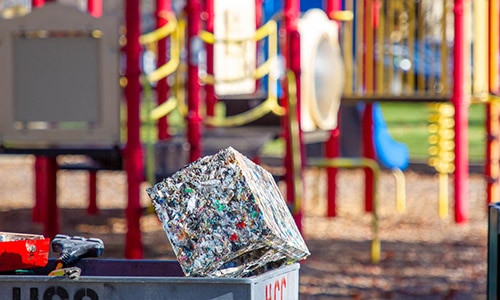
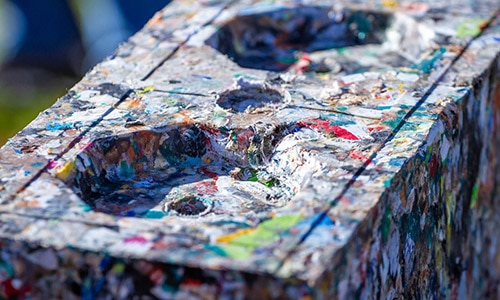
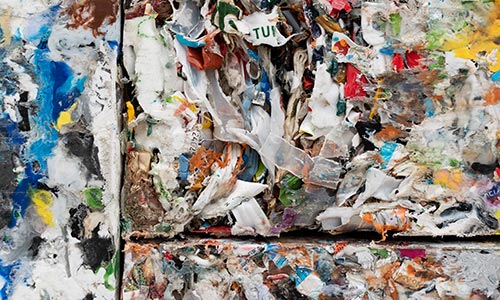
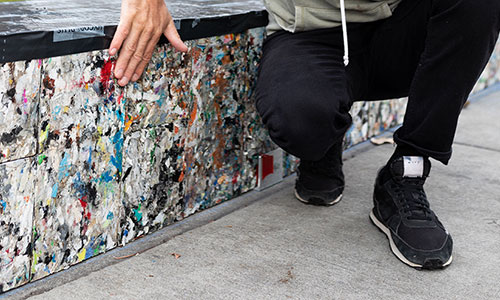
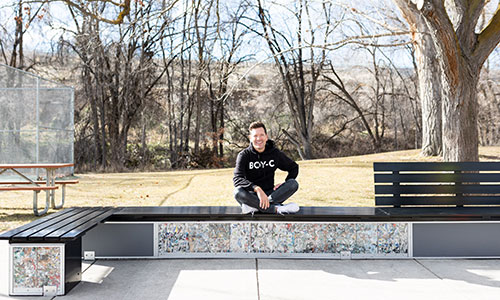
Lisa:
One of the things that this project highlights for us is just how many communities want to do more. In addition to the EPA’s recommended Reduce, Reuse, Recycle, at Reynolds Consumer Products, we have committed to providing sustainable solutions in every product category we offer. Consumers who want to live more sustainably can also do that by buying products that demonstrate this same commitment, without giving up quality or performance.
Lisa:
We are so excited to see more companies and startups make better use of plastics waste and divert it from ending up in landfills. We have seen the enthusiasm consumers have for repurposing materials and living more sustainably and we want to bring that opportunity to as many homes as possible.
I hope that people see the tremendous opportunity to revitalize their communities with a sustainable purpose. We need to do better for our communities, and we can make a huge difference if we work together.
This project is one of the many initiatives that exemplify the value of collaboration to create a more sustainable future, right where our communities are. If we reimagine the value of materials that would have otherwise gone to waste, the opportunities to provide our communities with functional, sustainable buildings and infrastructures are countless.
Read our case study on Plastics Roads or our blog article on recycling opportunities here.
Julie Zaniewski, North America Sustainability Director P&SP
